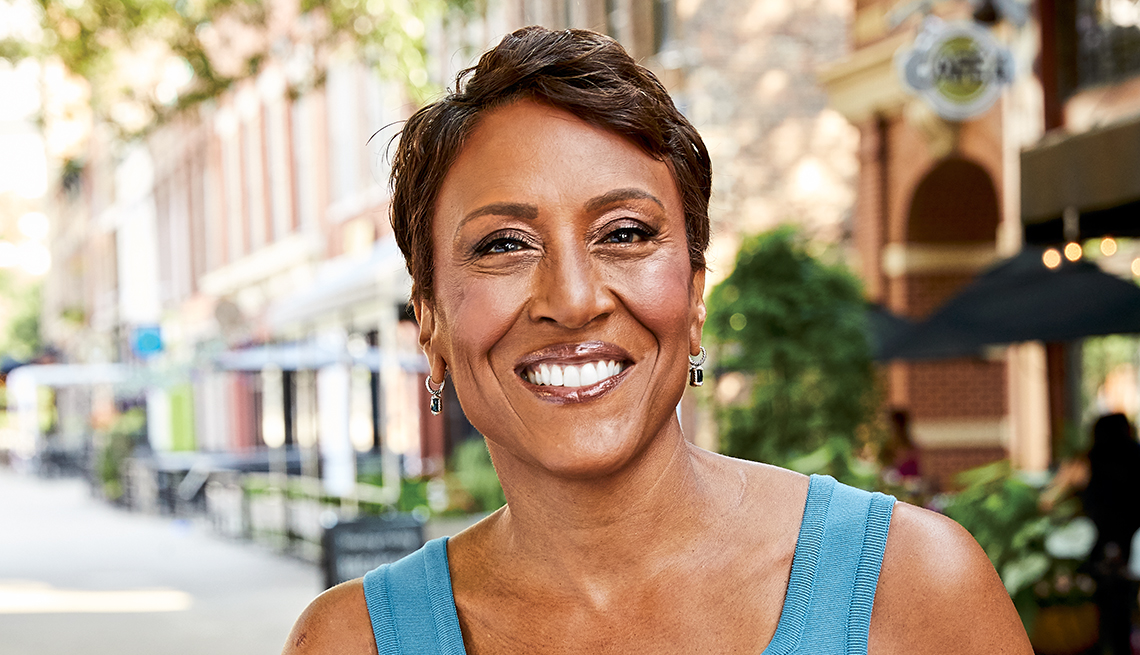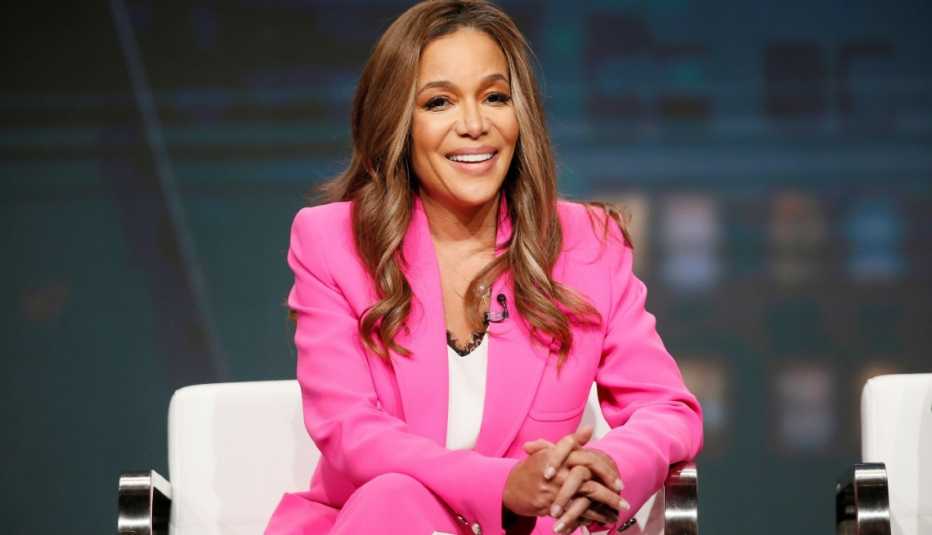AARP Hearing Center
You’ve said your childhood provided the playbook for your life. How so?
My mother and father showed up for me in so many ways. It wasn’t so much their words — it was their deeds. I didn’t even know my father was a Tuskegee Airman until much later in life. He didn’t get up on a soapbox, talking about his accomplishments. He was a colonel in the Air Force, so my siblings and I grew up as military brats. When we were living in Turkey, for instance, we had to learn the language and the customs. You know how some people say “No judgment.” I say, “No, empathy.” We all judge. The point is to have empathy. That’s something I learned in childhood.
Tell us your mother’s lesson about dealing with sorrow.
Boy, I get chills just thinking about it. When my father passed in 2004, we were devastated. He was the patriarch. I remember gathering outside the church for his homegoing with a big circle of family and friends. We were all very sorrowful. But my mother said, “No, no, no! This is a celebration of your father. Yes, we are heartbroken, but you can have happy sorrow. You’re going to be sad anyway. Why not remember the good?” That phrase — “happy sorrow” — has stuck with me and helped me get through some critical times in my life.


On the day in 2012 GMA was named top morning show, you were diagnosed with cancer.
I’d actually dreamed about how I would feel if GMA became number 1. I thought I’d be the happiest I’ve ever been. Then, later that day, I was told by my doctors that I had one to two years to live. I remember going to the party that night on the rooftop. Everybody was really enjoying themselves — doing the limbo and all these things — and I didn’t want to tell anyone that this might be one of my last celebrations ever. I remember just stepping aside and saying to myself that I would never again have expectations of how I was going to feel.




































































